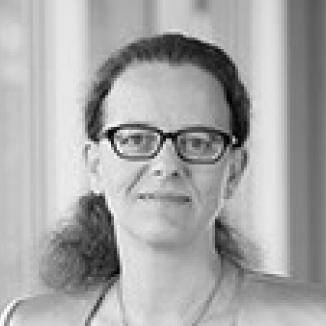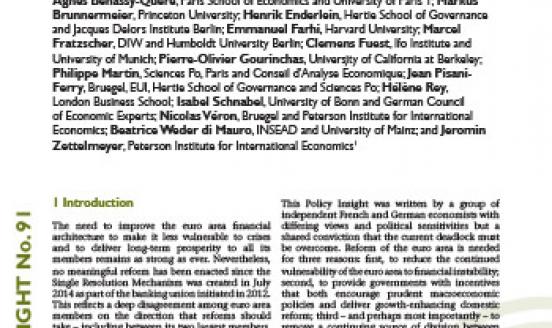
Isabel Schnabel
Member, German Council of Economic Experts,
Isabel Schnabel was appointed to the Economic Advisory Council in June 2014. She is specialized in the study of financial markets.
Professor Schnabel lectures in Financial Economics at the Johannes-Gutenberg University in Mainz, is a research affiliate at the Centre for Economic Policy (CEPR) and at the Max-Planck Institute for Research on Collective Goods. She is also Deputy Dean of the Graduate School of Economics, Finance, and Management (GSEFM). Her primary fields of research are banking regulation, the “too big to fail” phenomenon and financial crises, under both current and historic perspectives.
Isabel Schnabel completed her PhD in Mannheim on the topic of links between macro-economic risks and financial crises. She was a visiting postdoctoral fellow at the Harvard University and has researched at both the London School of Economics and the International Monetary Fund. She is a member of the Administrative and Advisory Councils at BaFin, the German banking supervisory authority.
Isabel Schnabel was born in Dortmund in 1971, is married and has three children. She lives in Bonn.
Featured work

Completing Europe’s banking union means breaking the bank-sovereign vicious circle
Several euro area leaders, including the German chancellor, her finance minister, and the French president, have recently referred to the need to “com

Breaking the Stalemate on European Deposit Insurance
Many EU-level reports have highlighted a European Deposit Insurance Scheme (EDIS) as a necessary component of banking union, but none of these options

Reconciling risk sharing with market discipline: A constructive approach to euro area reform
This publication proposes six reforms to improve the Eurozone’s financial stability, political cohesion, and potential for delivering prosperity.

A resilient Euro needs Franco-German compromise
In a piece signed by 15 leading French and German economists, Nicolas Véron lays out a path to a more sustainable Euro. Germany will need to accept so